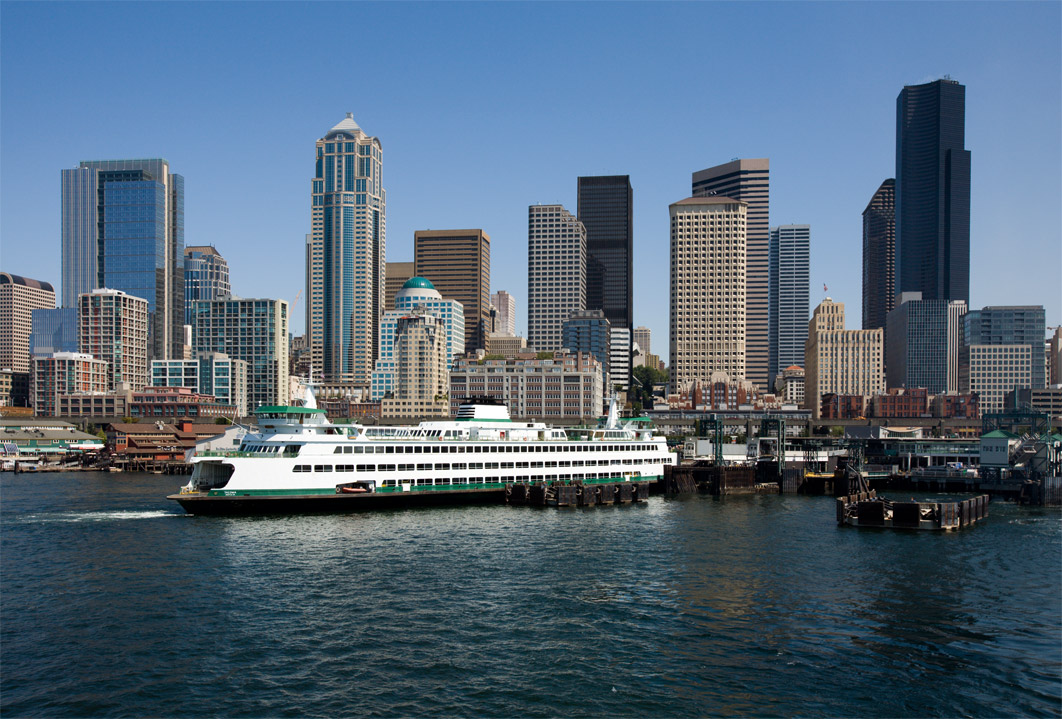A Norwegian delegation of maritime industry representatives visited Seattle last week to tour Washington’s ferry system and discuss opportunities for collaboration in the clean maritime transportation and shipping sector. While visiting, the delegation met with port officials, government leaders, and clean energy business leaders to network and compare notes on the way Norway and Washington may work together to reduce the carbon footprint of the maritime industry.
Norway is a leader when it comes renewable maritime transportation. In 2015, Norway built its first all-electric ferry, and the country’s goal is for a third of its ferry fleet to be electric by 2025. New data shows that these ferries reduce emissions by 95 percent and costs by 80 percent compared to traditional ferries. Two Norwegian companies are also developing ways to clean up the shipping industry by developing electric cargo ships.

The Morning Wire: Keeping you informed on politics, policies, and personalities of Washington State.
Washington state has also made recent strides toward reducing carbon emissions of the state’s transportation. In December, Governor Inslee launched the Washington Maritime Blue 2050 Initiative, with the goal of maintaining and strengthening the sustainability of the state’s maritime industry. Then, this year the legislature allocated $600,000 in the 2018 state transportation budget to begin the process of converting three Jumbo Mark II ferries from diesel to hybrid electric.
For the three Jumbo Mark II ferries, Washington State Ferries plan to replace two of their four diesel engines with batteries. The hybrid ferries would mostly run on electric power and then use the diesel engines sparingly.

During a lunch for the Norwegian delegation hosted by the Port of Seattle, Governor Inslee offered a keynote address where he noted that while Washington has made major strides in reducing greenhouse gas emissions for its land-based transportation system, the maritime transportation system still needs work.
“I’m proud of Washington for virtually everything except that my ferry fleet is a major contributor to pollutants in the Puget Sound,” said Inslee. “It’s only about 5-10 percent of the traffic, but it’s 50-60 percent of the emissions. This is something we are not proud of.”
During his remarks, Inslee also praised Norway’s leadership and thanked them for their assistance in helping Washington move forward with electrifying the state’s ferry fleet.
“In the maritime way we are so appreciative of Norway’s help in building the first successful large-scale electric ferry in the United States. And we intend to poach and steal all of the good ideas from Norway that are not protected intellectual property,” joked Inslee.
Washington State Ferries plans to run an in-depth analysis in June to evaluate the costs of converting the three ships, but current estimates show that converting the three vessels will cost around $30 million each. However, over time, major reductions in fuel costs are expected to make up for the initial investment.
Your support matters.
Public service journalism is important today as ever. If you get something from our coverage, please consider making a donation to support our work. Thanks for reading our stuff.



